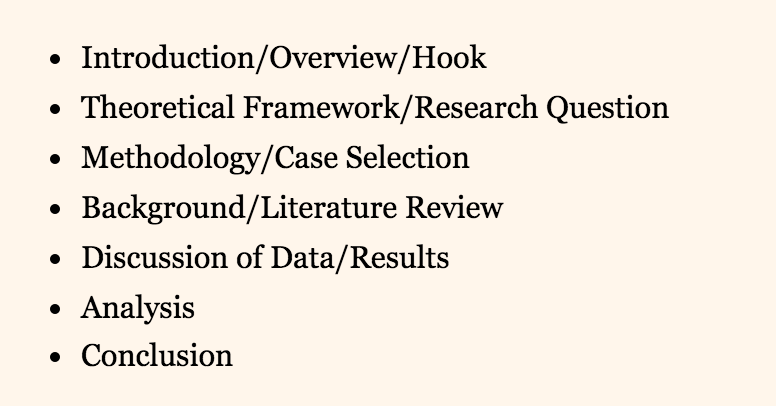iDocQ 2016 Best Presentation // "You rarely win, but sometimes you do”
- Alicja Pawluczuk
- Jun 28, 2016
- 3 min read
The sixth annual Information Science Doctoral Colloquium (iDocQ 2016) at the University of Strathclyde, was my first opportunity to share my research idea with a wider, academic audience. I can now happily report, that I did not only survive presenting my slides - but also really enjoyed it. (Oh, and I also won the #iDocQ2016 award for the best presentation!)

DE:constructing my slides
The purpose of the presentation was to explain the idea, in an accessible and fun way to the wider public. The format for the presentation was 20x20, which meant, that I had 20 slides and 20 seconds dedicated to each one.
In the past, I had seen some fantastic, lively and engaging 20x20 presenters - mainly during The Nerd Nights in Phnom Penh. I remember watching some of the experts-presenters, thinking " wow, these guys really enjoy their 20x20 performance". The topics at Nerd Nights would often vary, from something very funny and bizarre ( The Zombie Apocalypse) to more serious topics (Space Ships, Social Science). However, most of them were entertaining, informative and unique. In fact, a few years later, I can still recall some of the random facts, that had been presented (I am not going to go into details).
The Nerds Night, was my mainly reference point, when thinking about the 20x20 for iDocQ 2016 . I was very keen to create something funky and entertaining. However, just to be on the safe side, I decided to Google the most common presentation's sins. I came across this very helpful Slidshare entry, called " You Suck at Power Point" by Jesse Desjardins (@jessedee).
Presenting within a research/academic setting was also a new challenge. I was quiet concerned with the structure of my slides. How can I be sure, that what I'm saying, fits into the academic context? Obviously, I decided to ask Google again - this time I came across a brilliant blog post by Get a Life, PhD. Below are the main points outlined by the author, Tanya Maria Golash-Boza.
This particular blog post, provided me with a clear outline of what should be included in my slides.
Image source: http://getalifephd.blogspot.com/
After gathering all these resources, as well as tips from research fellow students, I decided to go ahead with my creative and colourful concept. As always, I would use Canva to create my personalised graphics. Knowing that my project has only just started, I was keen to talk about my research aims and the "ideal plan" for the next three years. My presentation covered some of the literature review, that I have done so far. However, most of my 20x20 focused on my passions, aspirations and plans for my research journey.
Overall, planning and designing my "performance", made me feel like one of the "nerds", I once admired in Phnom Penh. It was now MY opportunity, to share my expertise in a accessible, fun and unique way.
Positive feedback + Tips for improvement
Overall, iDocQ 2016 was a great learning experience. Listening to the other presenters, provided me with new ideas, on how to develop my presenting skills and future materials. The research projects highlighted at the event, covered varied and complex areas. I was really inspired to see the hard work and the significance of the outcomes of some of the studies.
I definitely enjoyed presenting my research project. Sharing my passions and interests of Digital Co-creation with an academic's audience, was a great learning experience. Discussing your research plan with a room full of experts, is also a perfect way to re-evaluate and reflect on the work you are doing. The questions asked at the end of my presentation, also outlined some of the aspects, I had not previously consider - something to think about when preparing my next set of slides.
In terms of the overall feedback, I was truly astounded to be presented with iDocQ 2016 The Best Presentation award. This was something, I did not expect to happen at all, so I really appreciate such a positive feedback - in the second month of my research. Among the positive comments were notes like: "excellent slides" & "participatory approach well-explained". On the other hand, there were also the more critical ones and questions (which I found very helpful):
- What is the main research question?
- What is digital co-creation?
- The evaluation and framework could have been better explained.
Huge thanks to #iDocQ2016 Team for organising such a fantastic day. I will covering the workshops from the day in my next blog post.




Comments